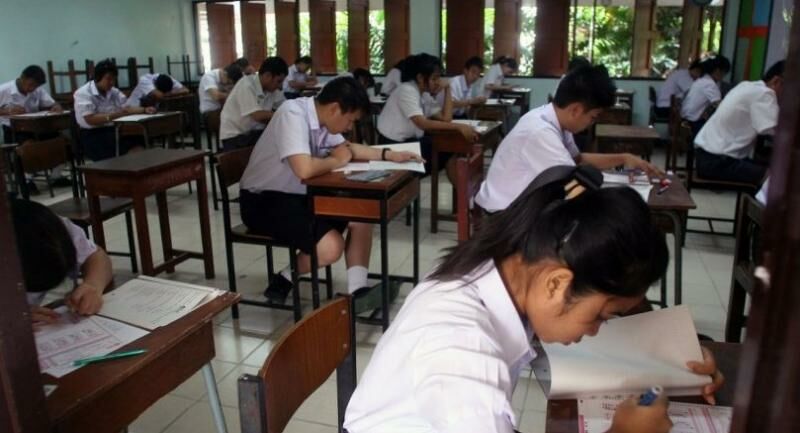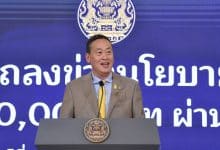Thai PM blames past governments for Thai students’ poor PISA test results

Thailand Prime Minister Srettha Thavisin places blame on previous governments for the lacklustre performance of Thai students in recent international assessments.
PM Srettha, whose government assumed power a mere three months ago, pledged to tackle the issue head-on and place a renewed focus on enhancing the country’s educational standards.
The Thai PM’s comments were motivated by the latest results from the Organisation for Economic Co-operation and Development’s (OECD) PISA test, where Thai students’ scores reached a 20-year low. Thailand finds itself in the unenviable group of seven countries, including Costa Rica, Finland, Iceland, the Netherlands, the Slovak Republic and Sweden, whose reading performance had been on the decline prior to the pandemic’s emergence.
The 61 year old prime minister noted the widespread criticism of Thai education for its perceived poor quality, especially regarding the curriculum and teacher quality. However, he pointed out the lack of significant action taken thus far to rectify these issues.
“Over a million Thai students have been displaced from the education system due to the Covid-19 pandemic. Our duty is to facilitate their return.
“Major corporations must also play their part in supporting Thai education.”
Education Ministry Assistant Spokesman Siripong Angkasakulkiat attributed the dip in performance to the pandemic, which forced Thai students to shift to online learning, resulting in lowered concentration levels and impacting their reading and critical thinking skills, reported Bangkok Post.
Siripong revealed that students with the lowest scores were predominantly from provincial schools, particularly those operating under the Office of the Basic Education Commission and local administrative organisations. However, he highlighted that some science-focused schools achieved remarkably high scores, surpassing even their Singaporean counterparts. Therefore, the successful teaching models in these schools should be replicated across the country.
Education scholar, Professor Sompong Jitradab, called on the PM to urgently address the education issues, particularly in core subjects like English, mathematics and science.
“Regrettably, the Education Ministry seems to focus predominantly on teaching history and civic duty related subjects. Why?”
Professor Sompong urged the government to take practical steps towards education reform, a topic that has been discussed for decades but never effectively implemented. He also emphasised the need to enhance the learning environment in provincial schools to motivate students to attend class and steer clear of illicit drugs and other illegal activities that might lead them to drop out.
Latest Thailand News
Follow The Thaiger on Google News:


























